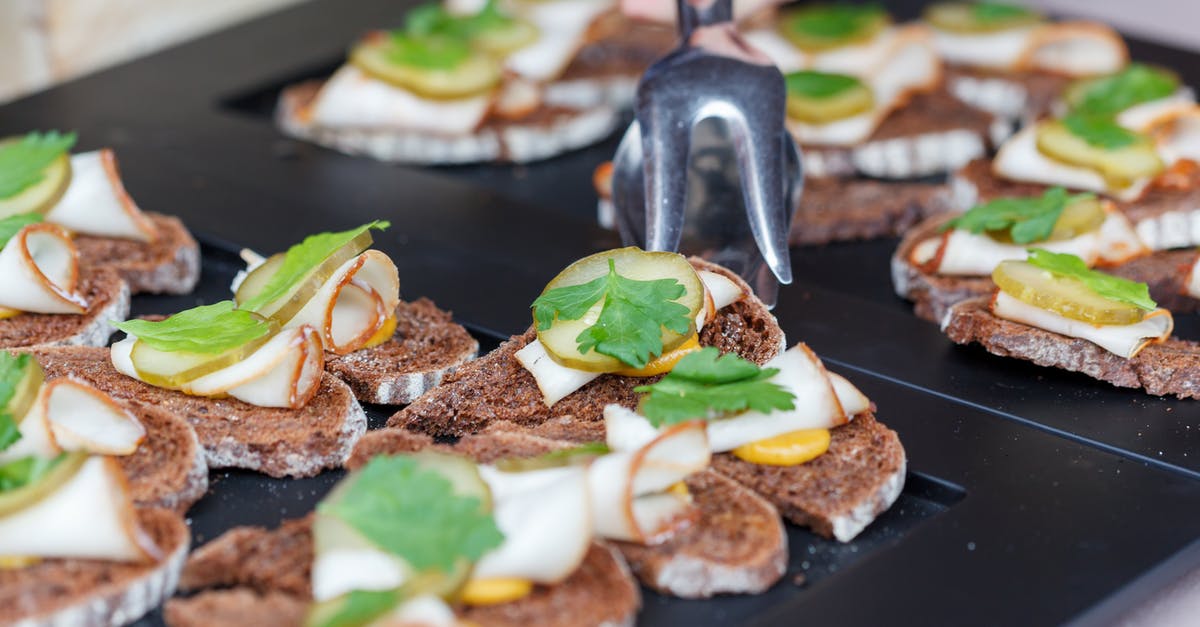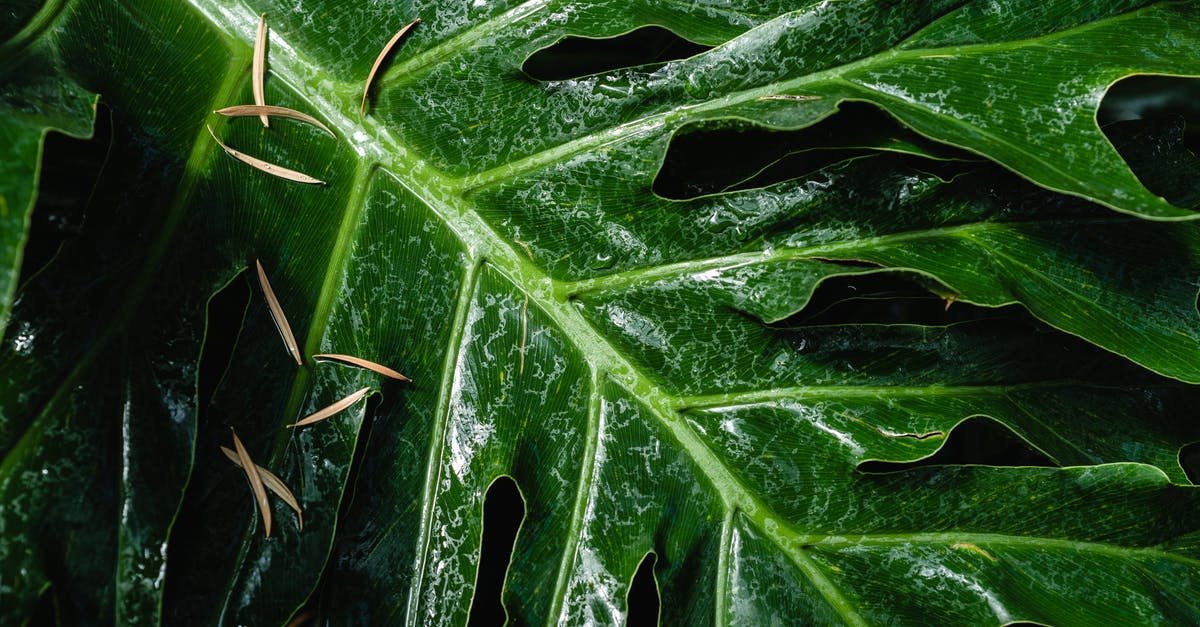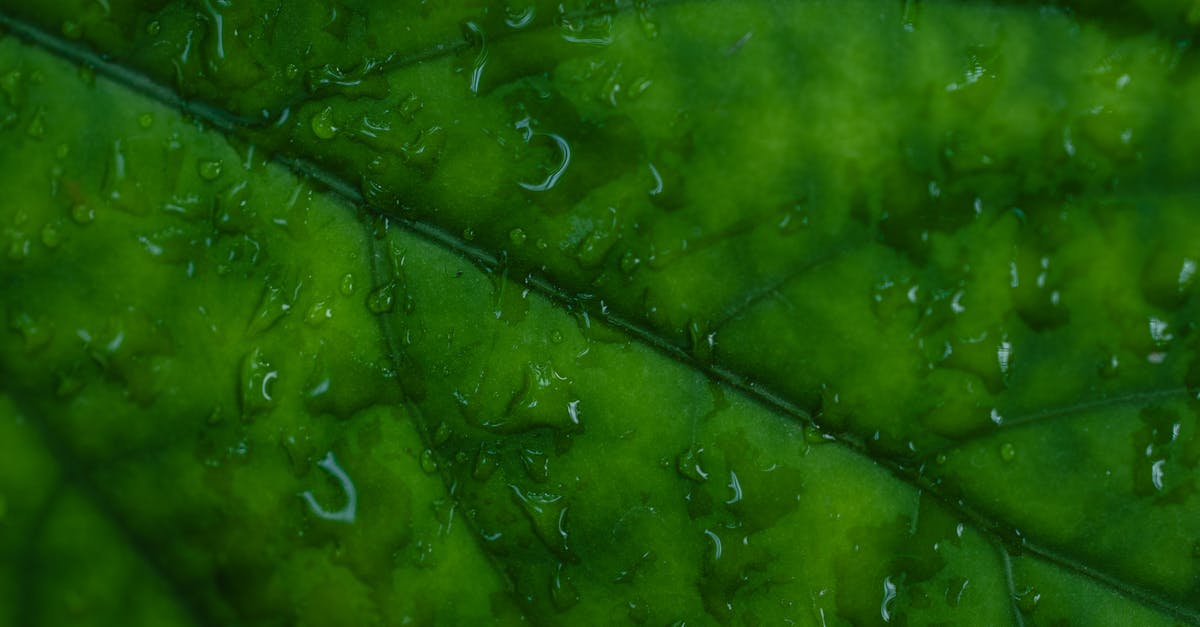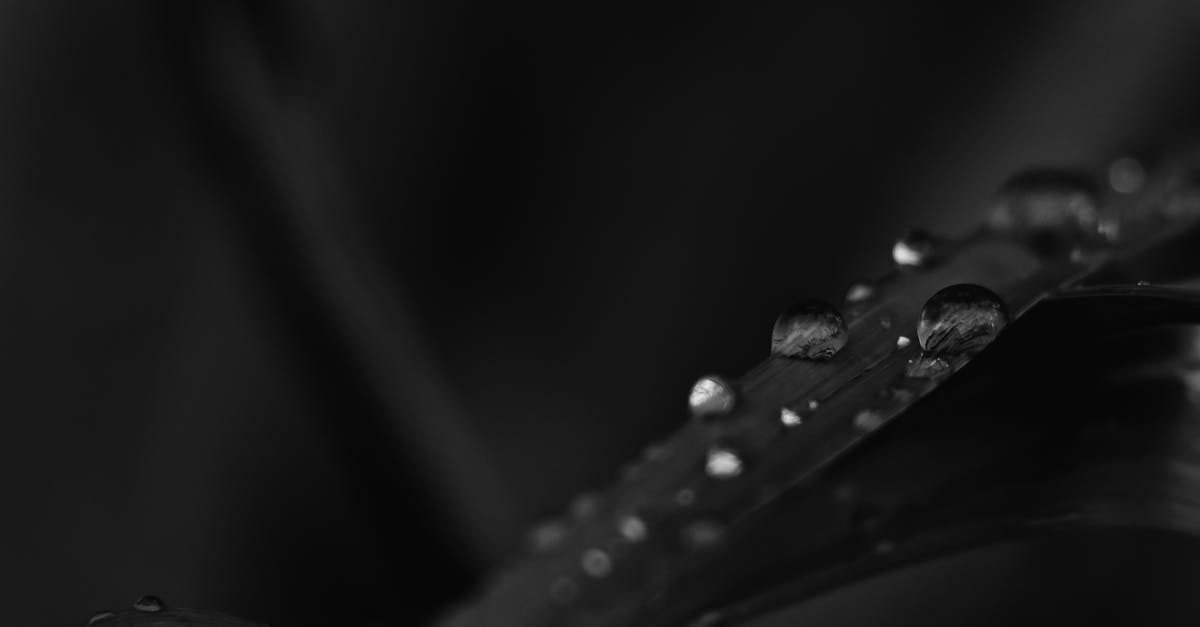Exploding leaf lard

The title says it all...almost.
I was preparing a warm (90-100F) mixture of tap water, EV olive oil, and leaf lard (each about 50-60g). At first, the oil and water were added and brought to said temperature. Then, I added the leaf lard from a bag, squeezed out the end - similar to past from a tube/bottle. Perhaps that's too much detail there but just mentioning it JIC. Upon the lard reaching the somewhat warmed water-oil solution, it started popping in basically the same way that high-temperature oils do when water is added at frying temperatures.
What chemical/physical process is facilitating this phenomenon?
Best Answer
Oil heats up faster than water. Water being more dense sinks. When it reaches the boiling point, steam has no where else to go. That's the typical experience, but also consider that water can evaporate at a temperature lower than the boiling point. So, as your initial mixture was heating, the layer of oil on top was protecting steam from escaping. When you dumped in the leaf lard, you broke the surface and added more moisture (which is likely contained in the leaf lard). The escaping steam caused the popping. The physics here is the difference in heat capacity of oils and water, the density of the materials, and the temperature at which liquids evaporate.
Pictures about "Exploding leaf lard"



How to Render Leaf Fat Lard
Sources: Stack Exchange - This article follows the attribution requirements of Stack Exchange and is licensed under CC BY-SA 3.0.
Images: Julia Filirovska, Marina Leonova, Marina Leonova, Matej
